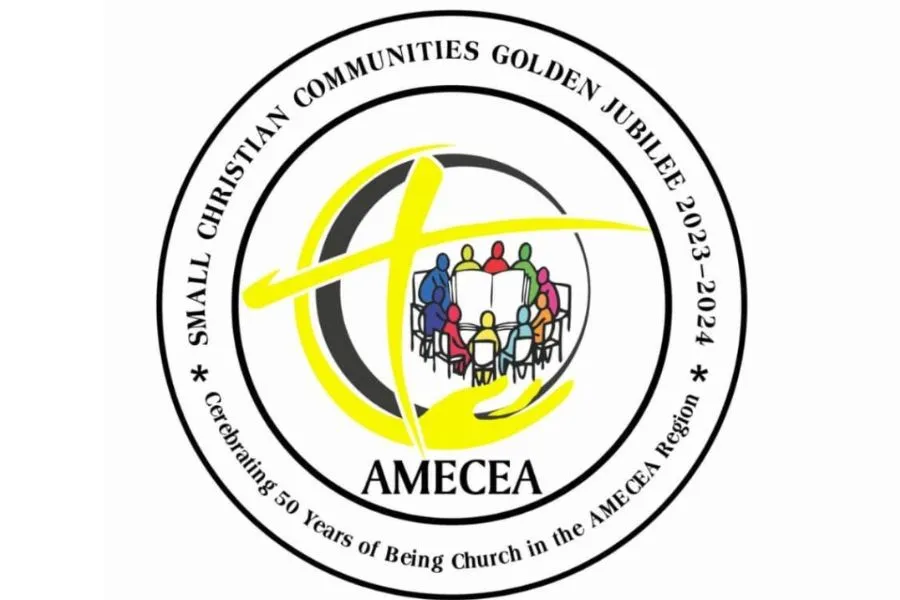Same, 25 August, 2023 / 9:50 pm (ACI Africa).
The Association of Member Episcopal Conferences in Eastern Africa (AMECEA) has launched the Golden Jubilee Year of Small Christian Communities (SCCs) to assess the status of this new way of being church in the region.
For the whole year starting from the August 19 launch, the nine countries in the AMECEA region are to reflect on the goals that Catholic Bishops in the region had when they founded SCCs 50 years ago.
In his key address at the launch in Malawi, Bishop Rogatus Kimaryo of Tanzania’s Same Diocese and Chairman for AMECEA Pastoral Department said that the goal of the yearlong celebrations will also be to reawaken the spirituality of SCCs in the region.
“By December 2023, it will be 50 years since the Small Christian Communities were adopted by the AMECEA Region as a pastoral priority,” Bishop Kimaryo said at the launch, which was held in Malawi’s Dedza Diocese.
He added that the Pastoral Departments of Bishops’ Conferences in the AMECEA region will be spearheading the yearlong Golden Jubilee celebrations, “not as an event, but a process comprising of several strategic activities involving all AMECEA member Conferences.”








